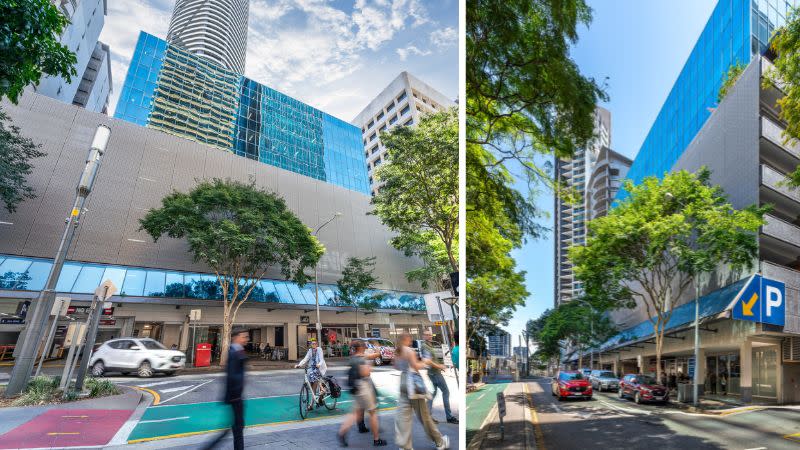Resources
Newsletter
Stay up to date and with the latest news, projects, deals and features.
Subscribe
In a tell-tale deal for the state-of-play in Australia’s capital city office markets, Charter Hall has taken a $20-million haircut on the sale of a primely positioned Brisbane CBD asset.
The ASX-listed fund manager has offloaded 40 Tank Street to private equity group Alceon Queensland for $73 million.
Charter Hall acquired the 10-storey building within the city’s legal precinct for $93 million from canny Queensland property stalwart Kevin Seymour in 2018.
Six years on, its cut-price divestment reflects the debt and redemption pressures influencing the decision-making of REITs and unlisted wholesale funds in the wake of a string of interest rate rises.
Equally, it is indicative of the lack of buyer interest in commercial assets because of prevailing uncertainty in the sector globally due to the post-pandemic impact of the work-from-home trend.
“In a market where there is a greater focus on debt and leverage ratios and pressure to meet redemptions on funds there’s value being left on the table,” an industry pundit told The Urban Developer.
“A lot of the decision making is now about meeting the broader fund objectives … and, as a result, these office assets are changing hands not necessarily relative to their fundamentals but because of the desire to retire debt or repay redemptions.”
The Tank Street tower comprises five levels of office space spanning a net lettable area of 5906sq m and four levels of carparking with a total of 327 bays.
As well, at street level the 6-star NABERS energy rated building has 312sq m of retail tenancies.
Alceon Queensland executive director Todd Pepper said the purchase aligned with the group’s strategy to secure “undervalued and counter-cyclical commercial and social infrastructure assets”.
“It’s a pretty unique market at the moment … a window-in-time opportunity for us to take advantage of some of that dislocation in the market,” he said.
“We’re finding assets that we think are below replacement costs, have good yields and potential rental upside. And, on the flip side, we’re also focusing on vendors who are needing to meet requirements beyond just holding on to assets for returns.”
During due diligence for 40 Tank Street, new lease terms were secured with the Queensland Police Service until 2028, and CarePark until 2031, which represent 52.4 per cent and 43.8 per cent of ther asset’s income, respectively.
“That’s what we liked about this asset,” Pepper said. “It’s actually social infrastructure—it’s half a carpark and it’s half a police station within 100m of four law courts and walking distance to Roma Street train station.”

The carpark is one of only six major public carparks in the Brisbane CBD and the only one in the legal precinct.
Pepper also noted: “The site has the most flexible Brisbane town planning uses with unrestricted building height (subject to aviation limitations), with the option of expanding the existing net lettable area by up to 50 per cent.
“There is also the potential for the unique 2106sq m site to be a development-ready site two years before the 2032 Brisbane Olympic Games.”
According to Pepper, the supply outlook for the Brisbane CBD office market is “relatively restrained” with just three projects committed to 2028, and the availability of good quality, well-located contiguous space, diminishing very quickly.
“I think people are underestimating how quickly this vacancy rate is going to contract because there’s no new stock coming,” he said.
“If you look at our population growth, look at the statistical inherent growth within businesses that has occurred in south-east Queensland … over the next few years there’s going to be significant contraction in space.”
As a result, he said, there would be solid rental growth in existing assets.
“The expectation is that stronger rental growth will also be driven by elevated construction costs that will continue to push up economic rents for new projects, with forecast average net effective rental growth of 4.1 per cent a year over the next 10 years.”
Brisbane CBD is the only market nationally where the secondary market is tighter than prime.
The latest data from the Property Council of Australia showed the vacancy rate for B-grade assets is 9.9 per cent in Brisbane compared with the Sydney CBD average of 11.6 per cent and the Melbourne CBD average of 15 per cent.